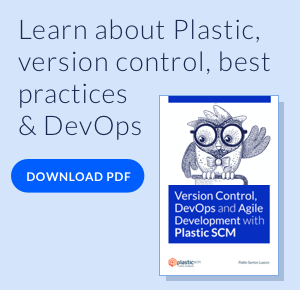Welcome crazy monkeys!! - Mono on Solaris SPARC!
Yeah, yeah, yeah... being able to develop super-cool Mac OS X applications with a modern programming framework
thanks to MonoMac is great. So great. And I'll bet you'll be able to design really cool user interfaces without getting your hands dirty with ObjectiveC code... really great. And to be honest, I've to admit I'm eager to develop a Plastic SCM native GUI for Mac taking advantage of all that...
But, let's face it! Real hackers don't do that!! :D
No, you know what's really "hacker's style"?? Well, I'll tell you: the real thing to do is getting a 10 years old big-endian iron (yes, big endian is for real coders, whatever mainstream cpu you will easily find around your office doesn't make it, just that... :P), you know, something like a SPARC Blade 1000 box, log into it, feel the "agressive old fashioned Unix flavour" and then code on it using a very cool 21th century programming framework like... Mono!!! Yep, that's the thing: old counter-intuitive mix of operating system and hardware mixed together with great top class programming techniques...
Yes, everyone is doing the opposite: newest x86 based super multi-core processors running old-style C code cooked yesterday... but they're just simply wrong! All of them!!
So, that's why we've just released the latest and greatest Mono 2.8, including the new superb Generational Garbage Collerctor (sgen) for Solaris 10 SPARC!!! Welcome to the jungle of the Crazy Monkey people!!!!
(x86 version also available for weaker minds using off-the-shelf hardware)
And not happy with that... we've compiled and tested WinForms support too, and run our beautiful Plastic GUI on it... ok, did you ever think Plastic looked great on MacOS X??? Come on! Take a look at how it shines inside the CDE window manager and... cry!!!


Enjoy!!
Pablo Santos
I'm the CTO and Founder at Códice.
I've been leading Plastic SCM since 2005. My passion is helping teams work better through version control.
I had the opportunity to see teams from many different industries at work while I helped them improving their version control practices.
I really enjoy teaching (I've been a University professor for 6+ years) and sharing my experience in talks and articles.
And I love simple code.
You can reach me at
@psluaces.







2 comentarios: